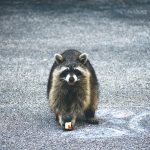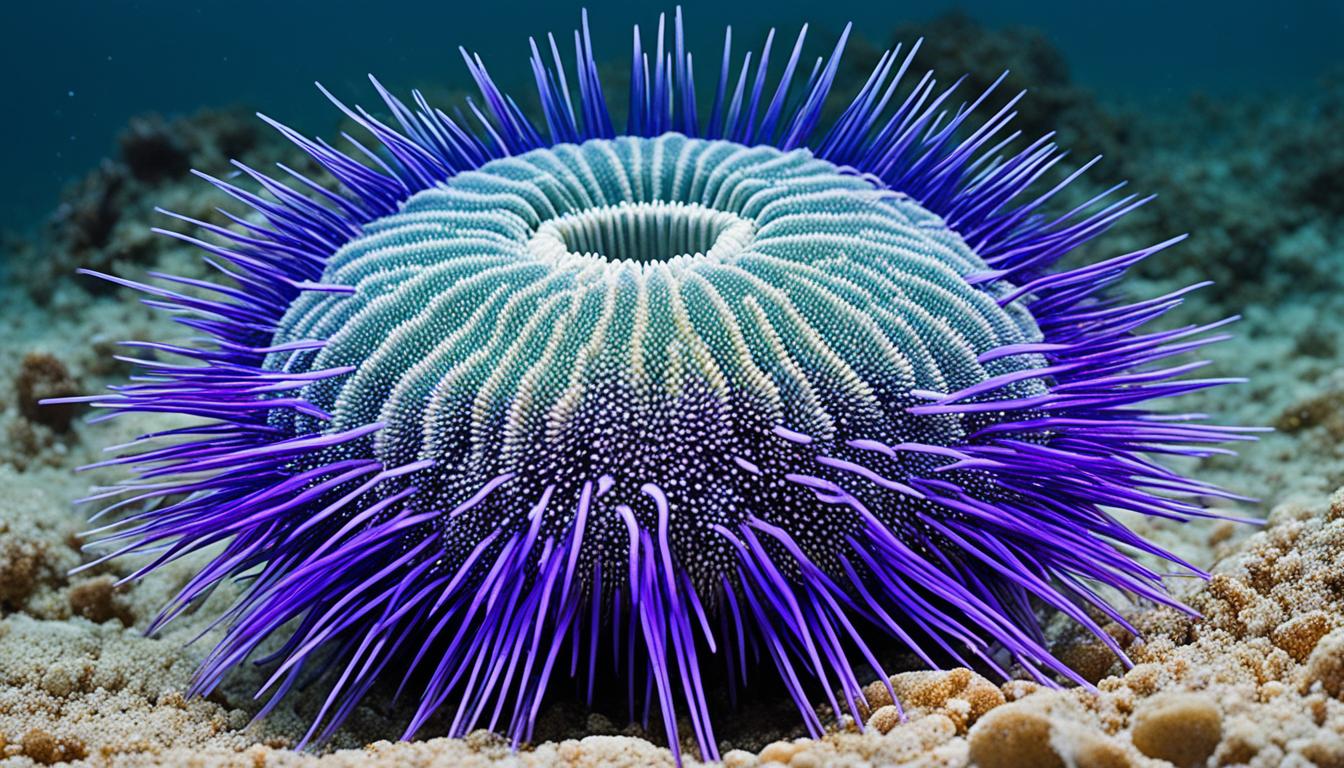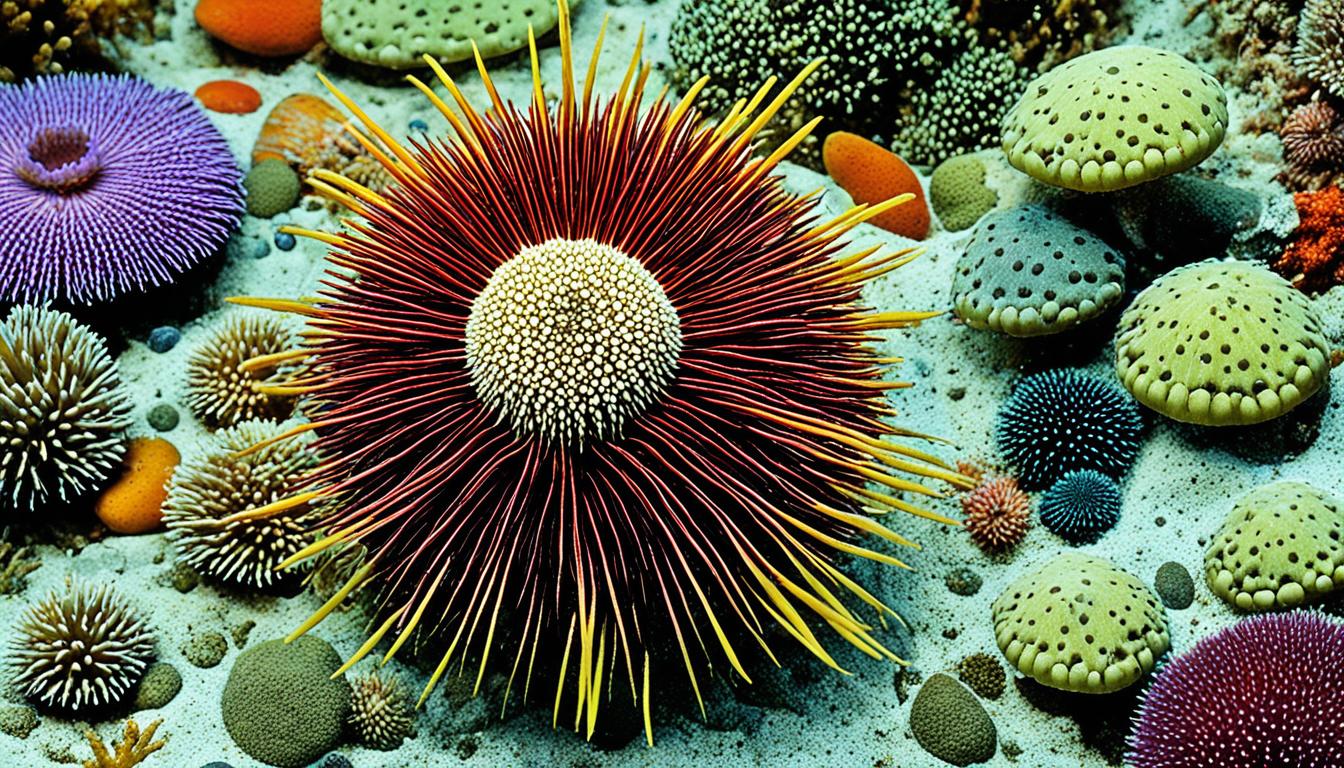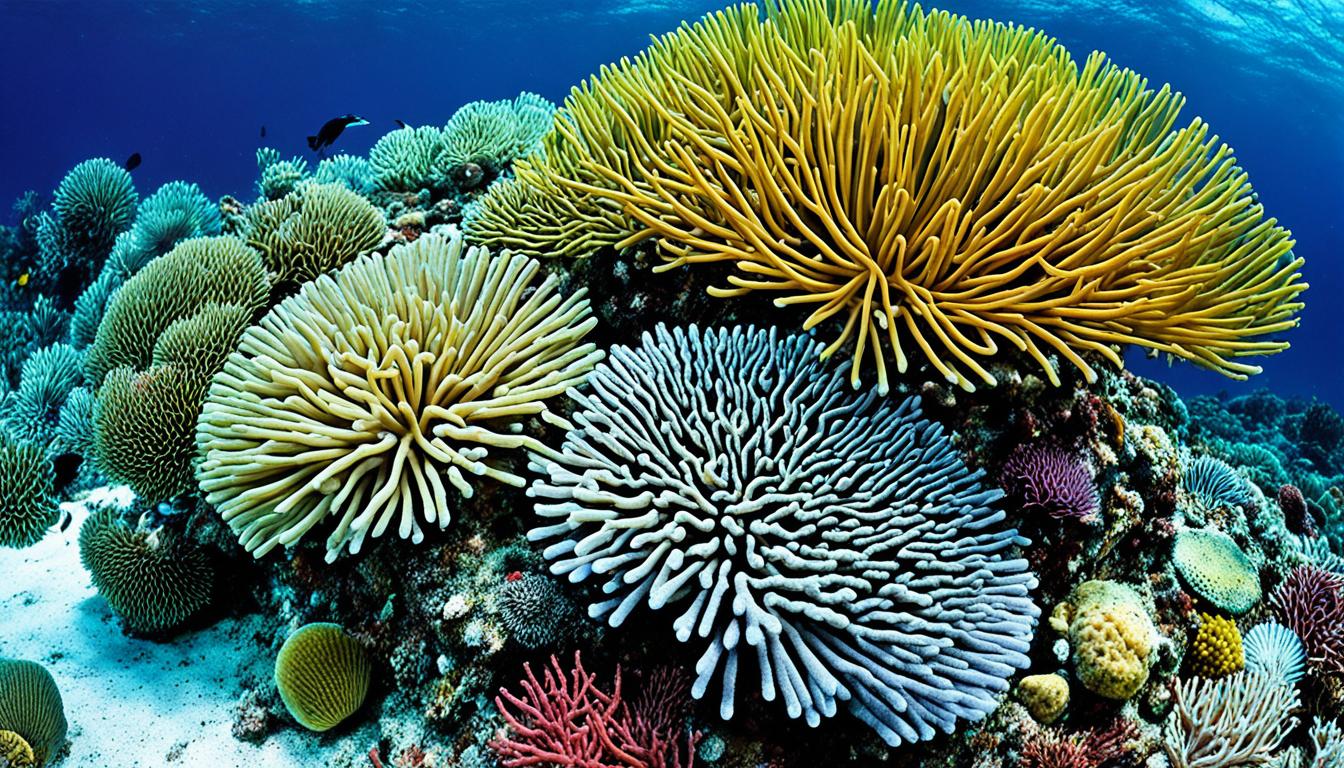Raccoons don’t like the smell of ammonia – a key component in human urine. Therefore, if you don’t mind using it around your yard – it can keep raccoons away.
How Does Human Urine Keep Raccoons Away?
There are certain smells that raccoons just don’t like – and ammonia is one of them. Ammonia is a small that is associated with stale urine – and no one wants to smell that.
Just like humans, raccoons produce urea as a liquid waste product from the body. Urea is a nitrogen-heavy substance that the body makes to store waste products from broken-down proteins. Nitrogen can create ammonia – which is toxic to the body – not ideal. So by creating urea – mammals don’t cause themselves harm internally.
Buy Raccoon Repellents at Amazon HERE
However, once these products are expelled from the body – they revert to ammonia – and ammonia has a distinct smell.
Now, just like humans, raccoons react to this smell negatively. Raccoons actively avoid their own toilet spots and never urinate on or near their own nesting and feeding sites. So, having the smell of ammonia about the place can be a decent deterrent. Of course, the ammonia doesn’t have to be from human urine – but I suppose it would be free that way?
Which Smells Help Deter Raccoons?

Just like human urine – other animal urines work just as well to deter raccoons. All mammals have this same process – and so their urine will become ammonia after it decomposes. And once it has picked up that tell-tale scent – it can be used around your yard where needed.
Other products can be used as smell-related deterrents and used either more wide-scale or in specific places. Some humans can smell these too – so do be careful where you use what:
- Garlic and onions
- Hot pepper (isolated capsaicin)
- Black pepper
- Cinnamon
- Peppermint
- Epsom salts
- Vinegar
- Any ammonia-based sprays
Why Do Raccoons Wash Their Food and Does Washing Food Deter Raccoons?
Raccoons and food washing have an intriguing connection. These clever creatures often wash their food in water before eating. This behavior is believed to enhance their sense of touch and remove potential toxins. However, not all raccoons exhibit this behavior, and it may not necessarily deter them from consuming food.
What Else Can You Use To Scare Off Raccoons?
Raccoons turn up everywhere – either passing through – or when they are on the hunt for food. So if you happen to just be on their route or you have been targeted for raiding by their sensitive noses – what can you do?
Apart from strong smells – there are plenty of other things you can try to deter or scare off raccoons from your yard or home. Some are more effective than others – and some might not be suitable or effective at all depending on why your raccoons are there in the first place.
Electric-topped Fencing – if you are always raided by raccoons then perhaps you need to take more drastic action. Raccoons can climb any type of standard fencing really easily – so the only way to make your fence impenetrable is to electrify it. Make sure the current is enough for a good scare – and in the right place. Intelligent raccoons will soon figure out how to breach an unworthy fence.
Outdoor Dogs – having guard dogs on your land (or eager pets who you can let out) is one of the best ways to scare off raccoons. Raccoons really don’t like confrontations – especially with large dogs. So, on hearing any approaching dogs they will leave asap. Gone before you even see them. If they are cornered or caught unawares raccoons will stand their ground though – so do make a lot of noise too as this gives them time to scarper.
Loud or Unusual Noises – just like most mammals – if they are startled by loud noises they will be off as fast as they can. Especially if that noise is artificial to them – such as metal noises or loud bangs. Human chatter, loud music, and horns are all something that has an immediate effect. These will be better for you if they are remote triggered or motion-sensitive so you don’t always have to be there yourself.
Bright Lights – being nocturnal, raccoons do all they can to avoid well-lit areas. Flashing lights and reflections can also make them warier – and more likely to leave for somewhere less interactive. Raccoons are much more at home eating somewhere dark and quiet – so making this almost impossible in your yard can be highly effective.
However, nothing is more of a deterrent than not being an attractant. If you don’t have any garbage or food stores left unprotected – or worth trying to raid – you won’t get raccoons visiting all the time anyway.









